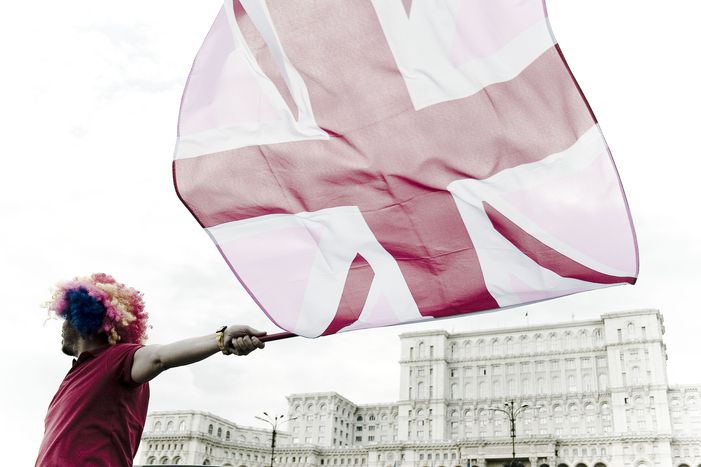
Gay Pride in Bucharest: counting crows (14 images)
Published on
Few attended gay pride on 22 May in Bucharest, as many members of the heterosexual and LGBT communities stayed indoors, silent. cafebabel.com spoke to march goers, the EU guests and the gay rights association, Accept, which organised the fifth edition of the event
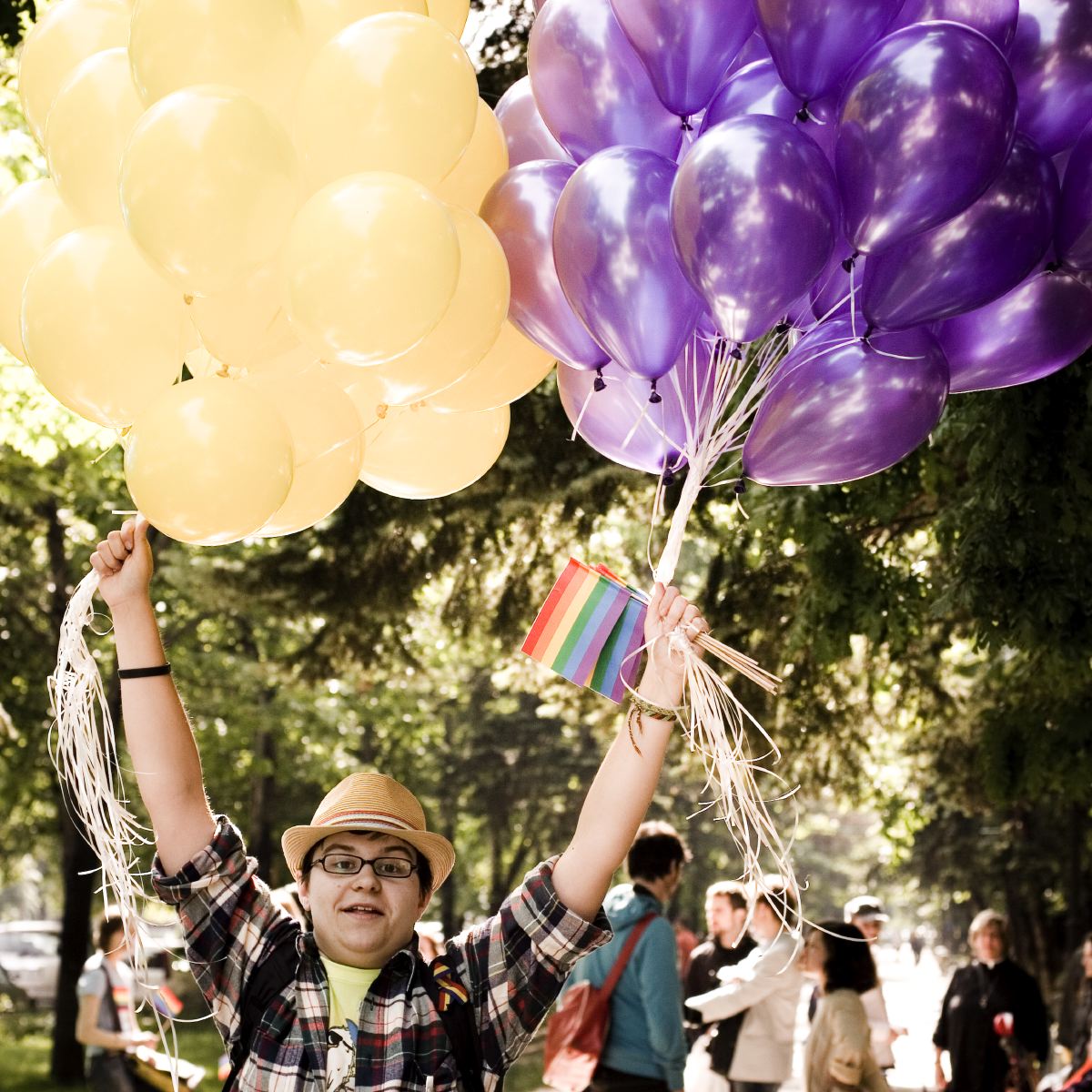
Accept organisation estimate that 300 people attended the Gay Pride in Bucharest on 22 May, whilst the official Romanian news reported that there were 200. Accept is supported by a 'trust in the civil society in central and eastern Europe' grant, and the British Council in Romania (Image: ©Anne-Lore Mesnage/ anneloremesnage.com/)
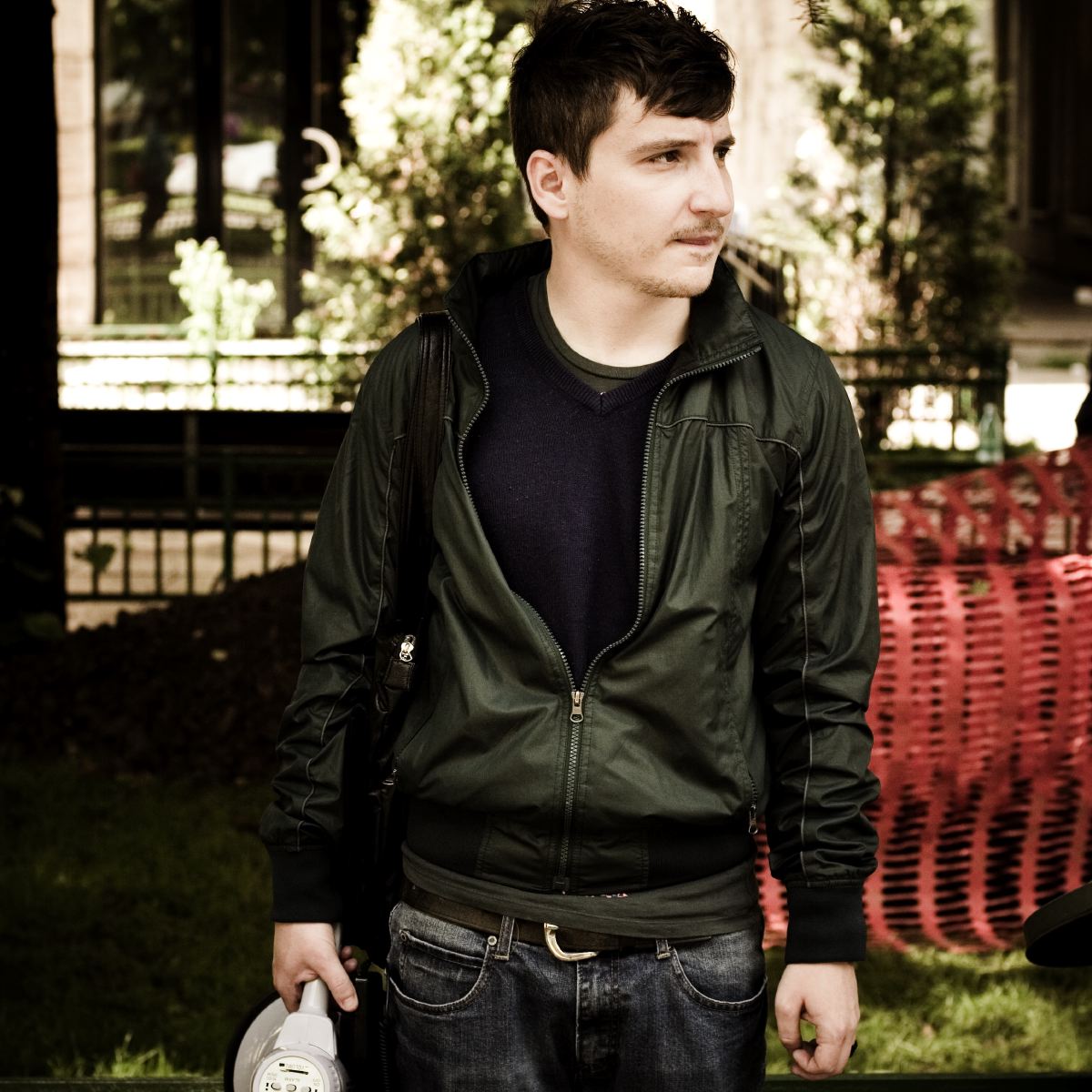
In contrast to his colourful colleagues, Bogdan Istrate cut a demure figure at the front of the parade, nodding every now and then to move the music truck on. The 27-year-old medicine graduate is PR manager of Accept organisation; he has organised Gay Pride in Bucharest for the last three years, alongside other cultural and social events. 'I love what I do,' he explains. 'I'm not here to become famous. I want a better society for my boyfriend and myself' (Image: ©Anne-Lore Mesnage/ anneloremesnage.com/)
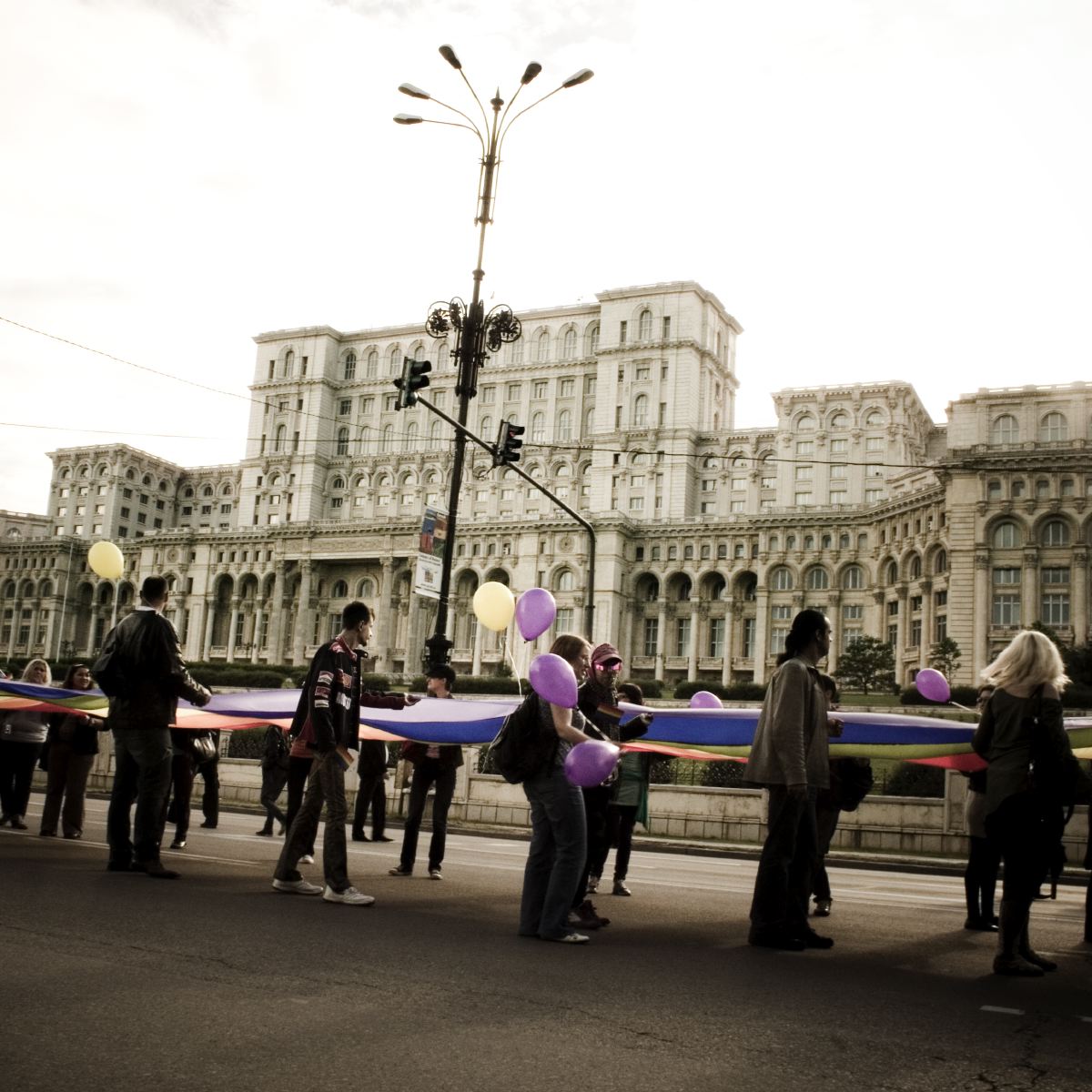
'We applied for a central route so that we could be seen; it was irrelevant where it was held,' says Bogdan, of the memorable march, led by Djs up Constitution Square until the palace of parliament and ending to the right of the building, at metro station Izvor (Image: ©Anne-Lore Mesnage/ anneloremesnage.com/)
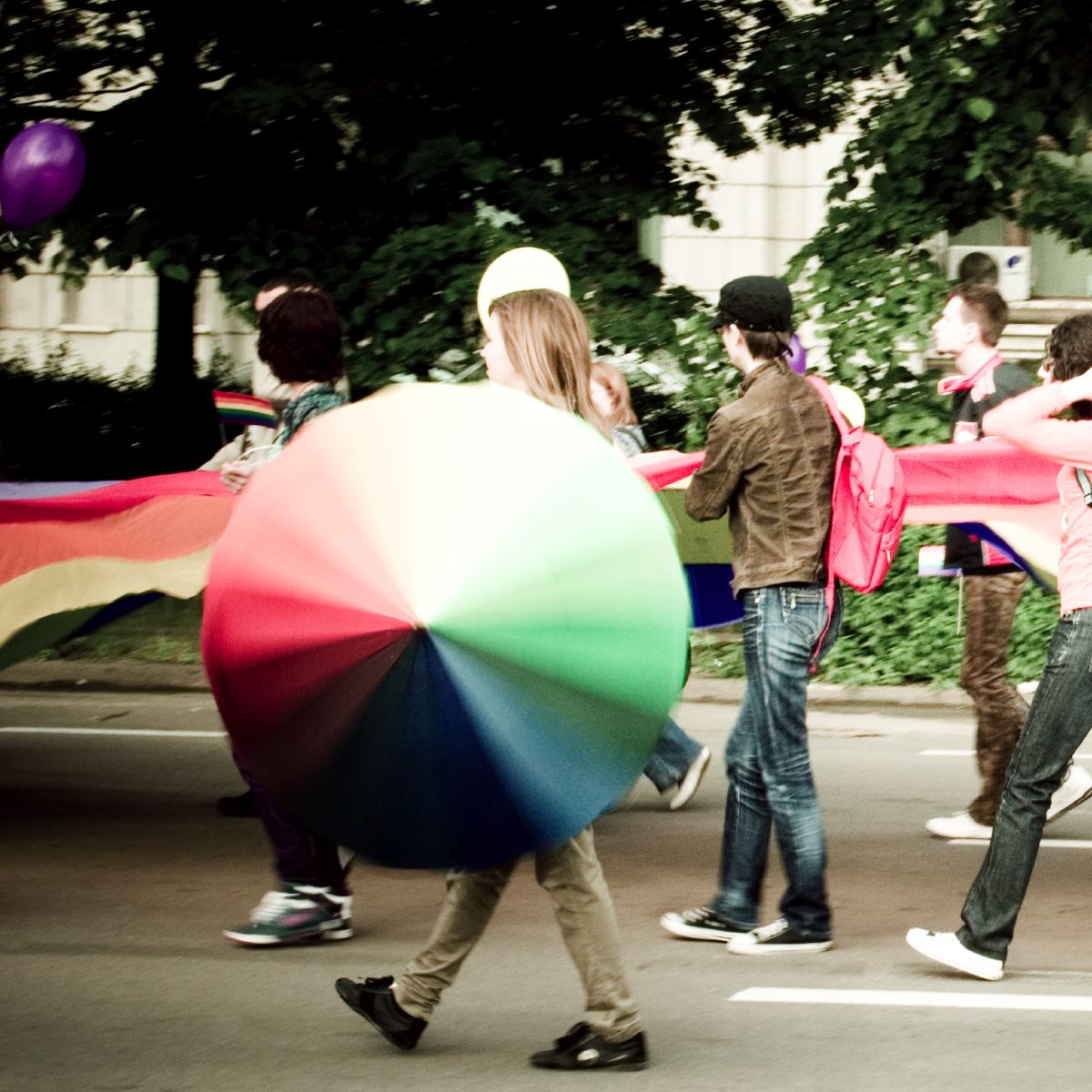
Homosexuality was decriminalised in Romania in 2001. 24-year-old Sandra is a volunteer at the association. 'I'm here to celebrate diversity. Romania is a very homophobic country. People need to understand that other people need to fight for their rights' (Image: ©Anne-Lore Mesnage/ anneloremesnage.com/)
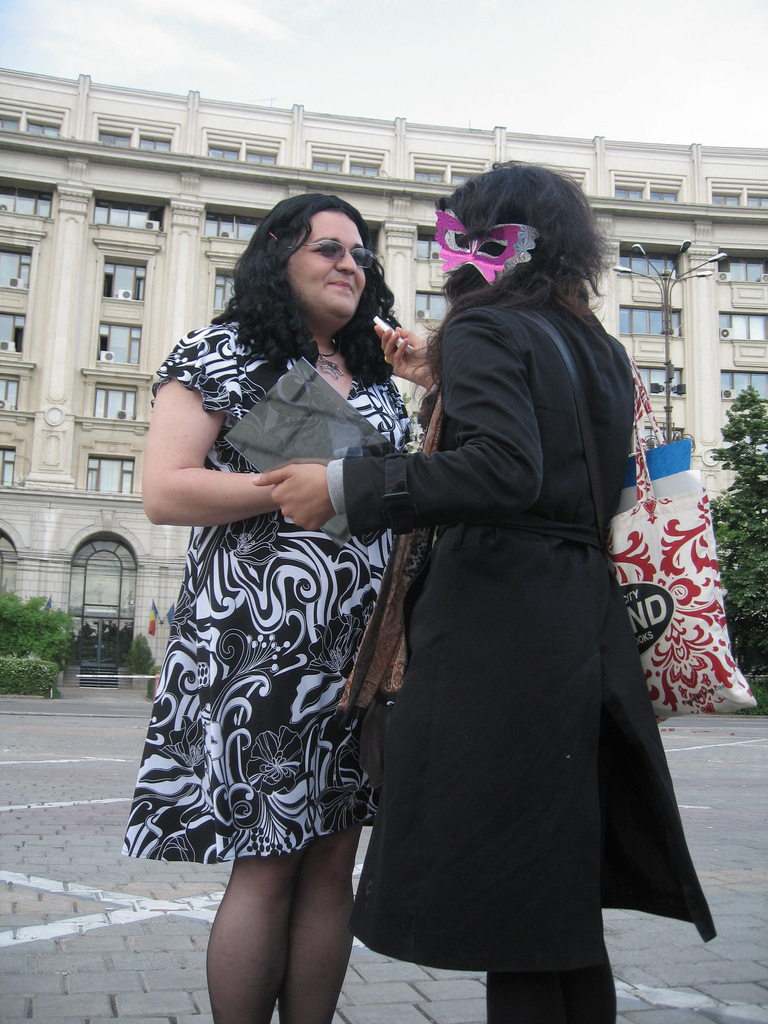
Aleksandra has volunteered at the association as a driver and general handywoman for the last five years. 'In LGBT rights Romania is still 45 years behind,' she explains. 'We're stuck in what LGBT rights in fifties and sixties UK looked like – lots of cops and not many people around. Nowadays it's more peaceful, we are flanked by an army! But if nobody does anything it'll never change. It'll be the same next year, but the next generation might have it lighter. It should be like in Paris where pride is the main event of the year!' (Image: ©Natalia Sosin)

'We are celebrating our gay day. We are all human and can be different and same at the same time,' explains Izniab, 22, who is here with Renato, 16. 'A few years ago some bad incidents happened,' adds their friend Steven, 18. In 2006 several members of the LGBT community were beaten in the metro. In 2009 more than 1000 police guarded the event, although this year, the number was less (Image: ©Anne-Lore Mesnage/ anneloremesnage.com/)
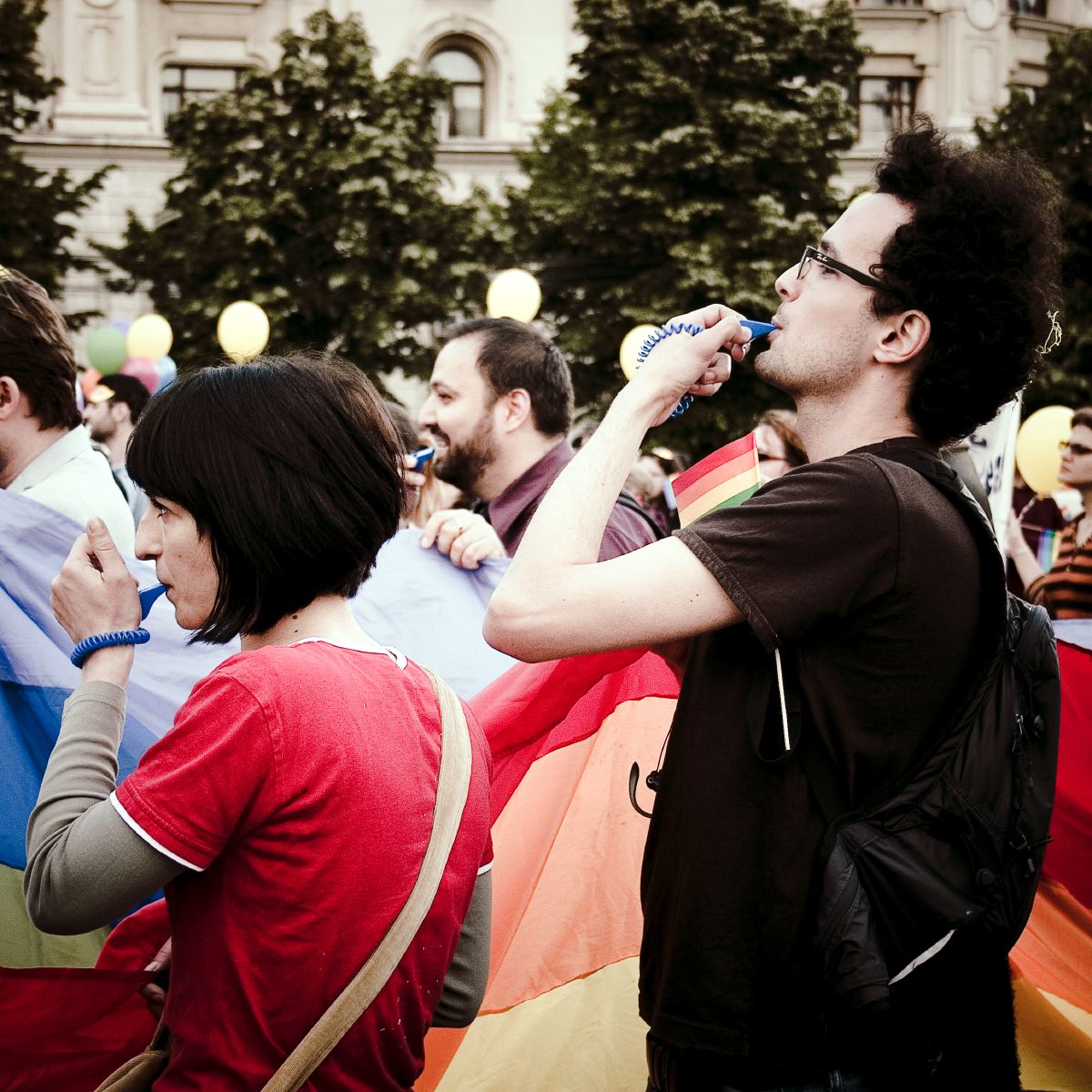
'I'm happy because no-one was beaten or hurt or stoned,' says Bogdan. '2009 was a good year; I hope it's a sign that Romanian society is changing' (Image: ©Anne-Lore Mesnage/ anneloremesnage.com/)
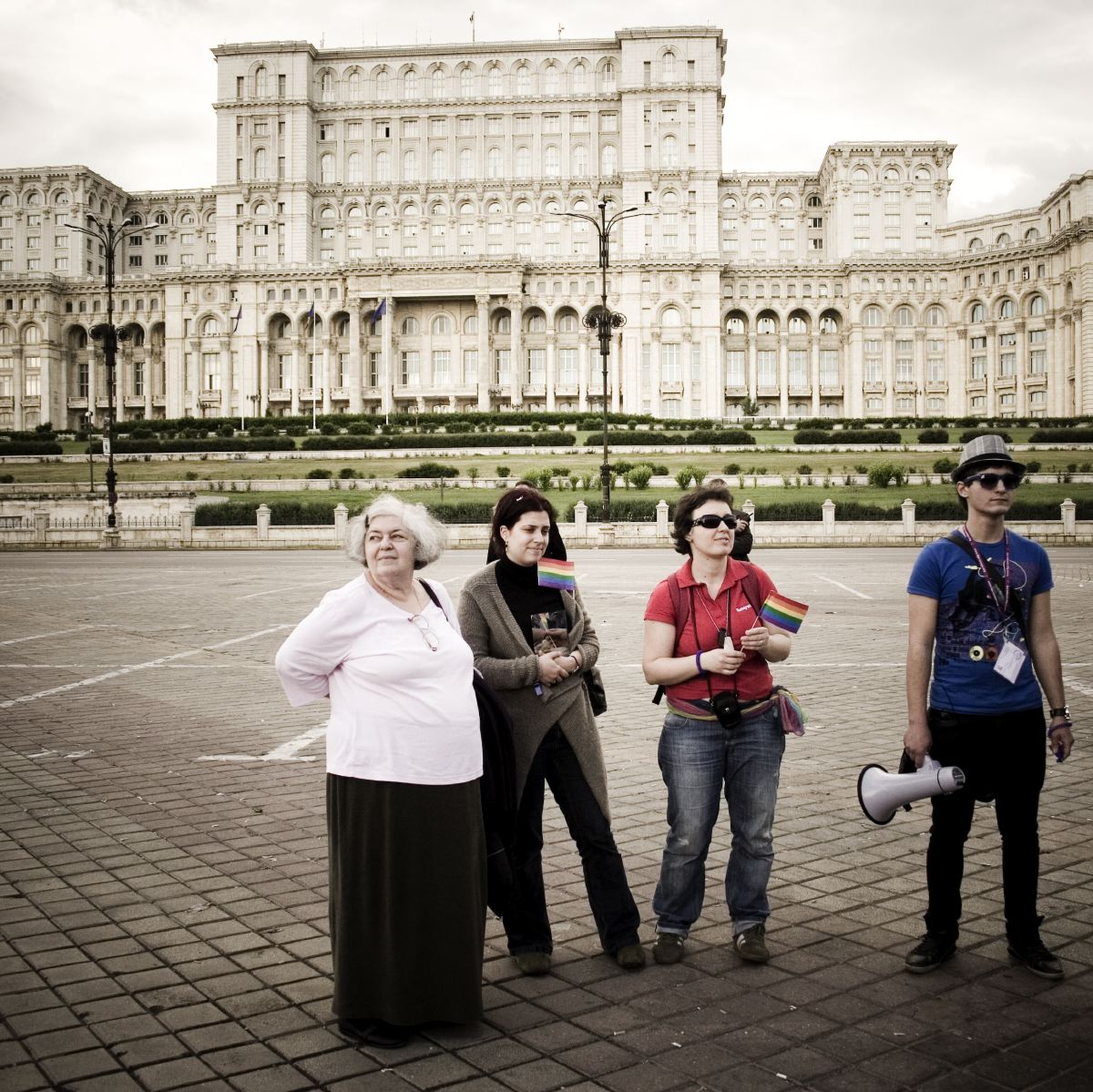
One woman warned cafebabel.com journalists to remove all their paraphernelia before leaving the parade; a paradox to the relative 'freedom' of the event? Bogdan disagrees. 'It's a justified decision, and healthy behaviour after the march' (Image: ©Anne-Lore Mesnage/ anneloremesnage.com/)
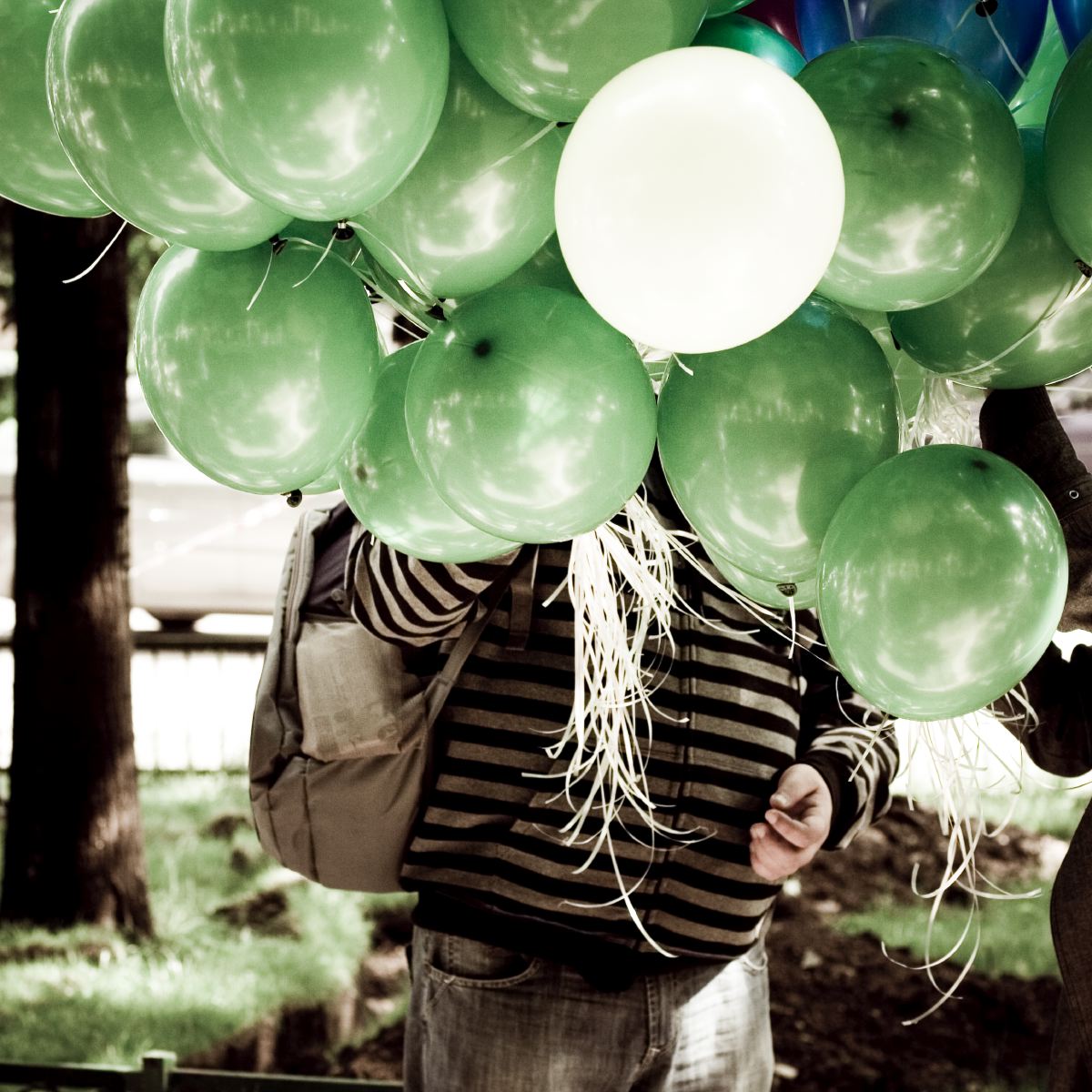
Bogdan has attended similar marches in Berlin, Stockholm and Paris, where he says masks are part of the costumes. 'The reason why numbers were low is that people don't want to be recognised in such a highly mediatised event. We give out masks to protect anonymity' (Image: ©Anne-Lore Mesnage/ anneloremesnage.com/)
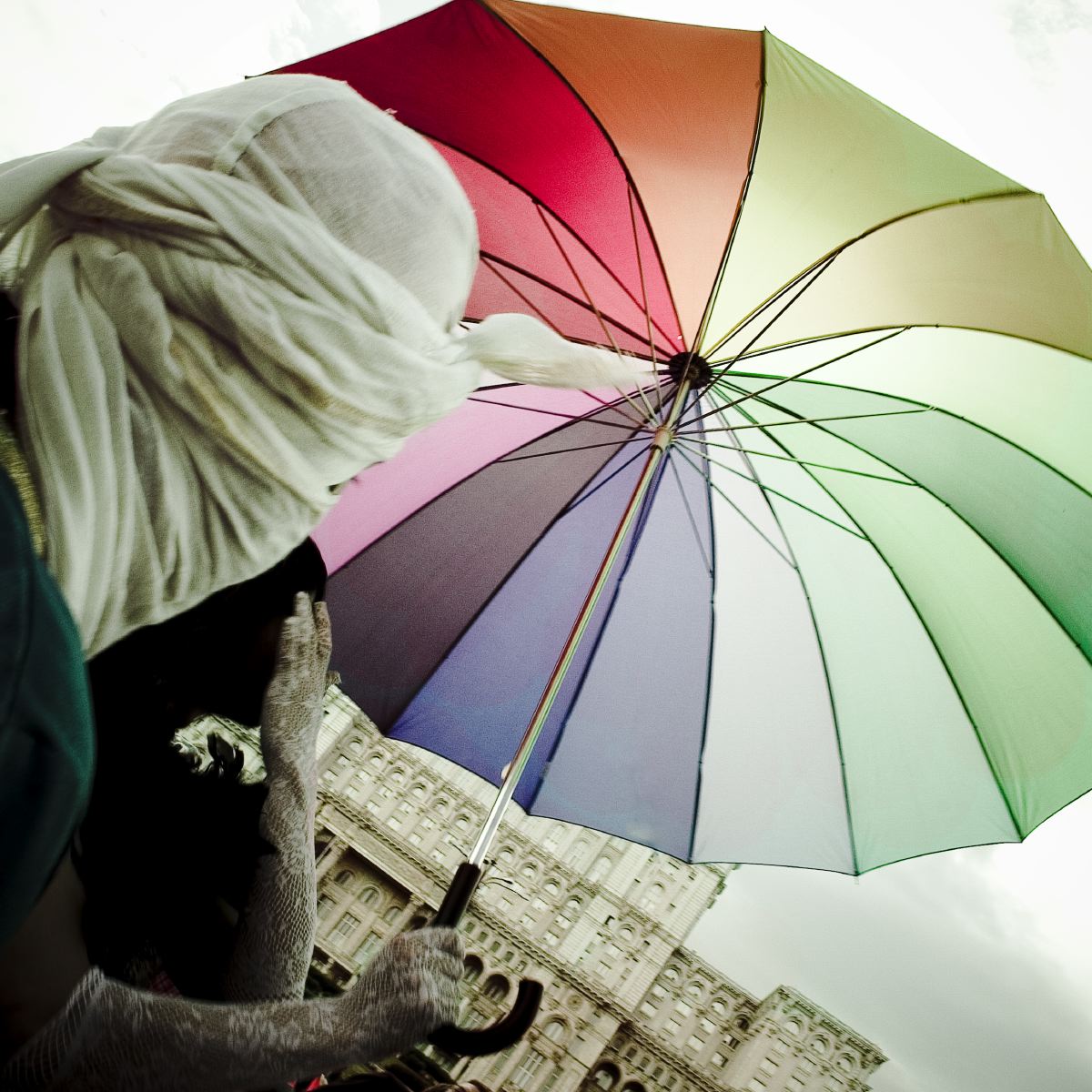
On the same day at 11am, 150 protesters clamoured for 'normality' outside a Bucharest church. On televised news channels that night, the images were shown after gay pride images. 'The style of journalists has changed,' explains Bogdan. 'They're more neutral now, trying to present both sides and letting people decide' (Image: ©Anne-Lore Mesnage/ anneloremesnage.com/)
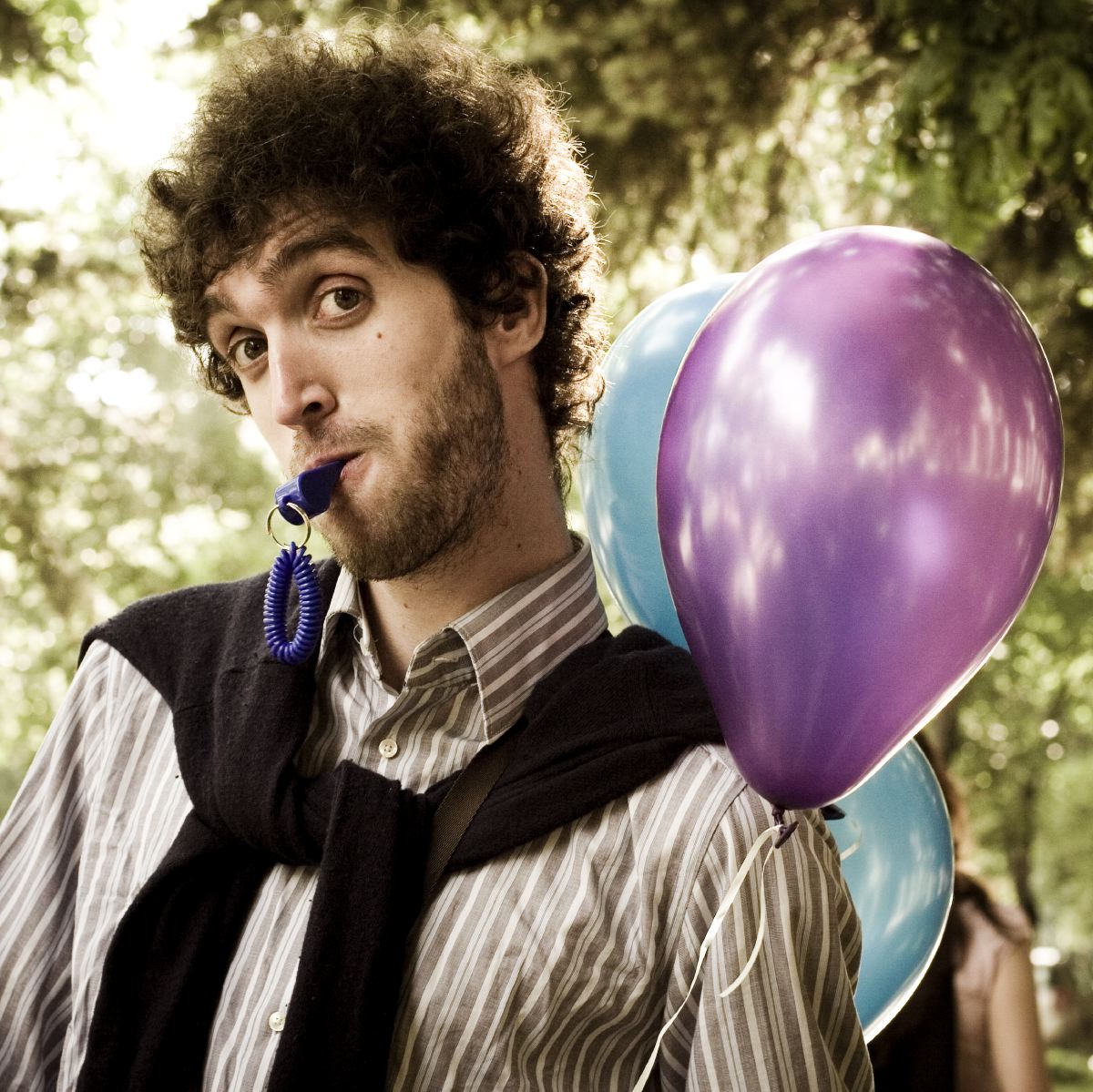
Alex (not pictured) has brought friends including Andreea, 26, to support the cause. The 24-year-old highlights the nuance of the event in Romania.'Most Romanians say that there is no discrimination against lgbt people, but its everywhere' (Image: ©Anne-Lore Mesnage/ anneloremesnage.com/)
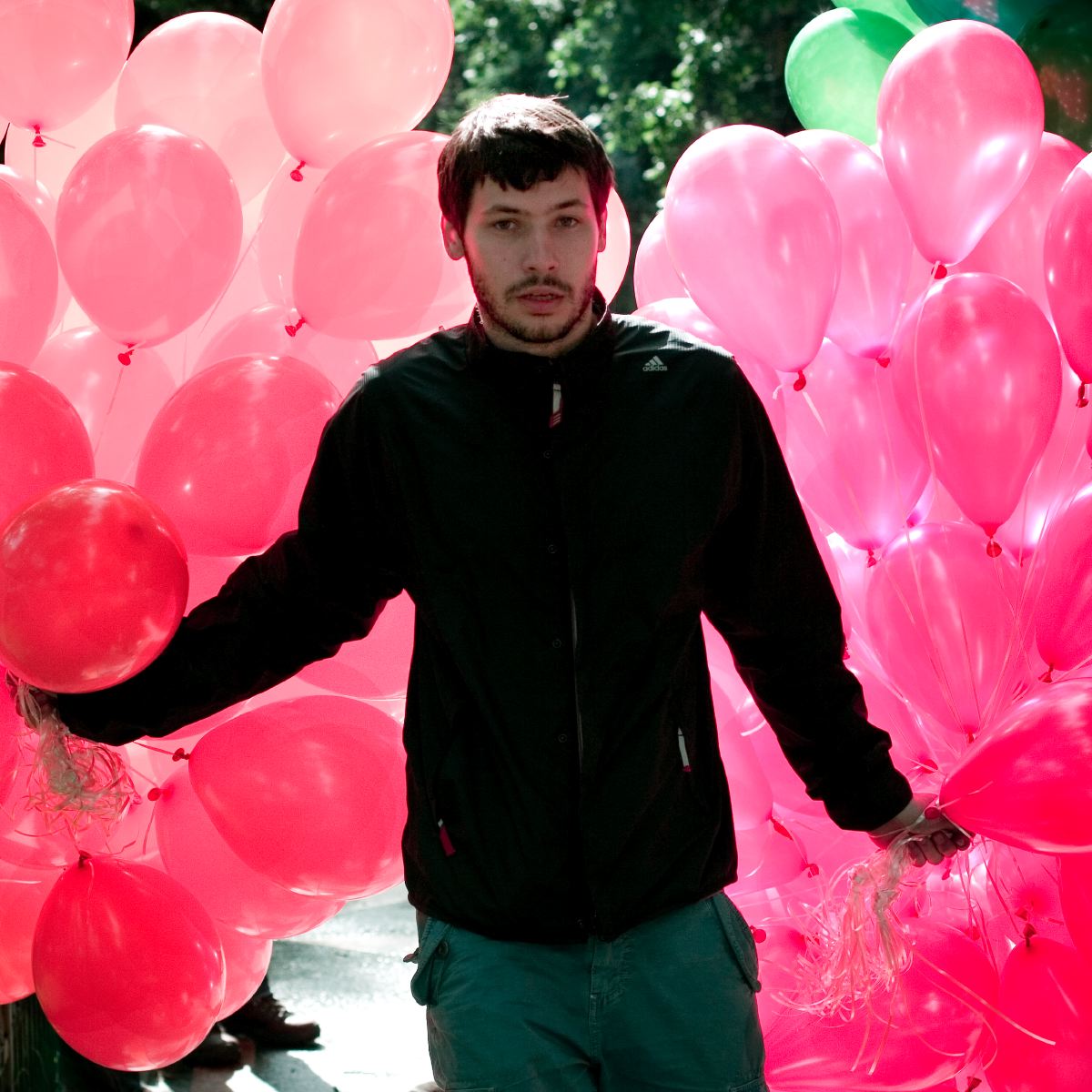
'It's especially where people say there is no discrimination that it's the worst,' continues Alex (not pictured), 'It means they havent even got to acknowledging that it exists' (Image: ©Anne-Lore Mesnage/ anneloremesnage.com/)
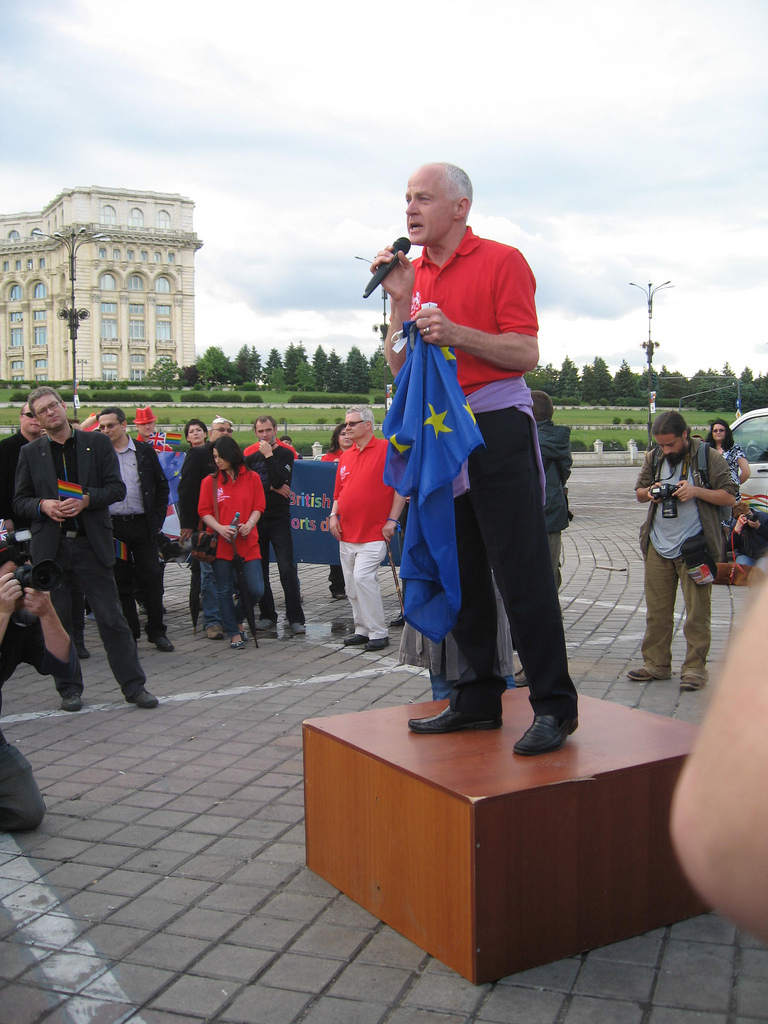
Michael Cashman describes himself as a gay man and out politician working in the EU parliament. 'This is my third gay pride march in Romania as president of the lesbian and gay intergroup from the parliament,' the British former television actor tells cafebabel.com (Image: ©Natalia Sosin)
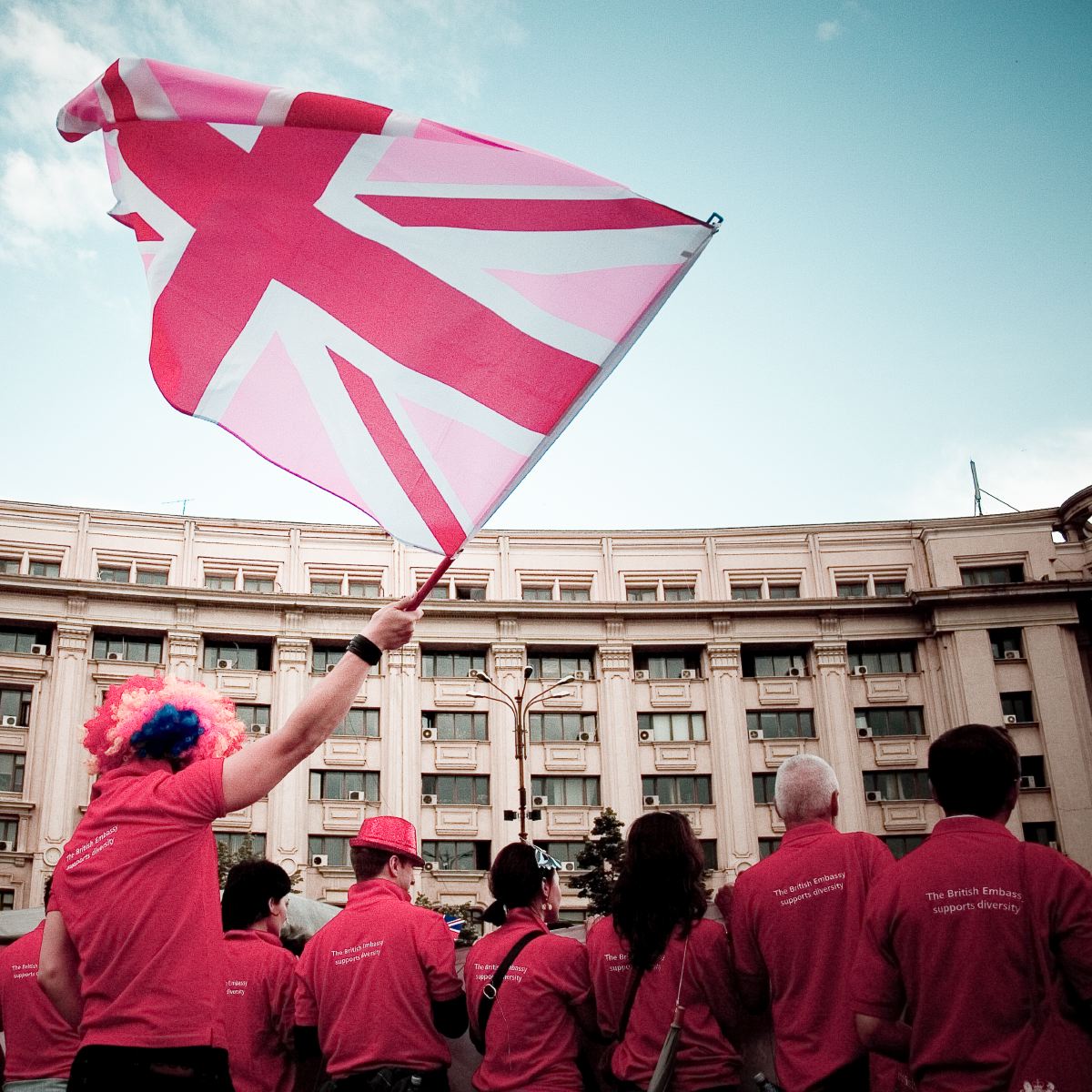
'It's important that we come to countries where pride celebrations are seen as difficult. I was in Lithuania two weeks ago where they tried to ban it. We remind people that the EU is based on a set of fundamental values, universal human rights. The British embassy and ambassador (Robin Barnett) are here - the more people demonstrate against other protestors, the better' (Image: ©Anne-Lore Mesnage/ anneloremesnage.com/)



